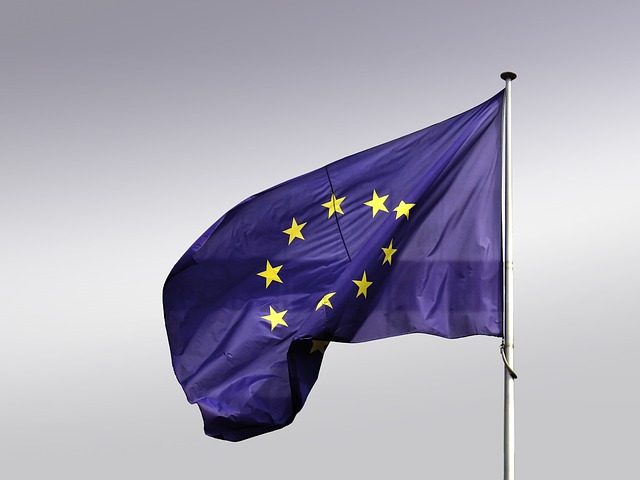A survey by the European Commission shows that EU citizens want more information in order to be better prepared for disasters and emergencies. Two thirds of respondents say that they have difficulties obtaining relevant information from authorities. In addition, almost 40% do not feel able to prepare themselves sufficiently, either due to time or financial constraints. Nevertheless, citizens trust the information provided by the authorities.
The perception of risks varies greatly: in 17 Member States, extreme weather events such as storms and droughts are the biggest concerns, while forest fires dominate in Portugal and Cyprus and floods in Bulgaria. In Sweden, Denmark and the Czech Republic, cyber security threats are the most relevant. In Germany, geopolitical tensions take centre stage, in Estonia the disruption of critical infrastructure and in Finland health emergencies.
Crisis Management Commissioner Janez Lenarčič emphasises the importance of a risk-aware population for disaster resilience. A holistic approach to risk preparedness should strengthen personal preparedness and ensure that people can continue to rely on emergency services.
More information here.


